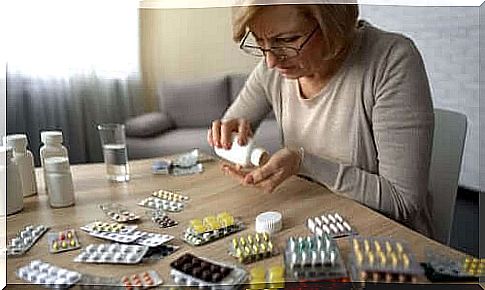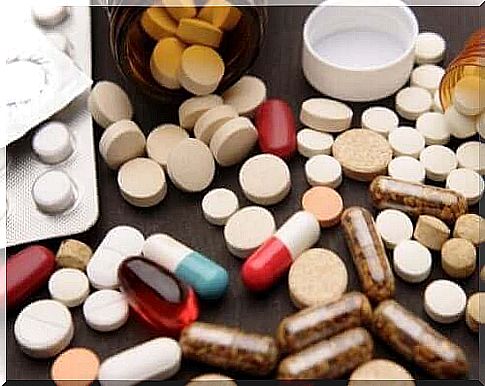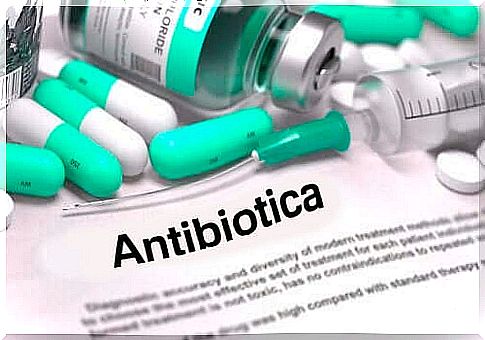Self-medication And Its Health Risks

Self-medication is the use of medication without a prescription and therefore without medical intervention. The worrying thing about this is that drugs are becoming easier to get, either because of lower prices or because of their availability on the Internet.
To be clear, by ‘without medical intervention’ we mean that there is no professional intervention in diagnosis or prescription and there is no supervision of treatment.
Currently, this habit is increasingly growing in our society. However, most people do not realize how much they are harming themselves and the rest of the population when they self-medicate.
There are over-the-counter medicines that can be used to relieve milder symptoms such as headaches, fevers and colds. However, you should only use it to a certain extent and for a limited period of time.
This is because you should consult your doctor in case these symptoms last longer. In this article, we’ll discuss the dangers of self-medication and look at some healthy alternatives.
Self-medication and painkillers

Unfortunately, the estimates regarding the consumption of these drugs indicate massive exposure of the population to analgesics, across all age groups and for a wide variety of diseases.
However, when you overuse these drugs randomly or without professional supervision, they can seriously affect your kidneys and digestive system, leading to things like stomach ulcers and even liver necrosis.
Antibiotics: a very dangerous form of self-medication
Unfortunately, antibiotics are often bought by people who don’t even have an infectious medical diagnosis that warrants their use. In many cases, they simply ask for known drugs by name.
There are many countries with a high rate of self-medication with antibiotics. As a result, they show unfavorable statistics on antibiotic resistance, especially in outpatient bacterial pathogens.
This is very dangerous because it means that overuse of these drugs makes bacteria resistant to them, making certain diseases untreatable.
So do not use antibiotics without medical supervision. This is important because their indiscriminate use poses a health risk to the entire world population.
Other cases
There are also some other groups of drugs and supplements that many use without medical supervision. For example, think of:
- Local Contraceptives
- Vitamin and mineral supplements
- Antivirals and Cough Suppressants
- Gastrointestinal medications, laxatives, antacids, and antiflatulants
However, the most important thing we want to highlight in this article is antibiotic resistance.
Antibiotic resistance

Antibiotic resistance (link to English article) is currently a global crisis. You’ve probably heard about it, but you may not know how big the problem really is.
When types of bacteria become resistant to antibiotics, it is because the antibiotic is no longer effective against that particular bacteria. Therefore, these microorganisms develop various mechanisms to defend themselves against the effect of a particular drug.
But then what’s the problem? Why not just use a different kind of drug if the first one stops working? That’s right, that’s exactly our current solution.
However, this presents other problems when we overuse the new antibiotics and the bacteria also become resistant to them. The problem is, we ‘re running out of antibiotic options and we’re running the risk of running out of options completely.
The health dangers of self-medication
Self-medication without medical or pharmaceutical involvement also carries several health risks that in most cases one is not even aware of. Among other things, consider:
- poisoning.
- Lack of effectiveness because they have been misused. This is common with antibiotics used to treat a virus.
- Dependence or addiction, as can happen with benzodiazepines.
- Masking serious clinical processes.
- Personal antibiotic resistance, as we explained above.
Conclusion
So consult your doctor or pharmacist if you have any questions about medication. Do not take prescription drugs unless your doctor prescribes such treatment. Finally, always consult a pharmacist for the proper use of over-the-counter medications.









